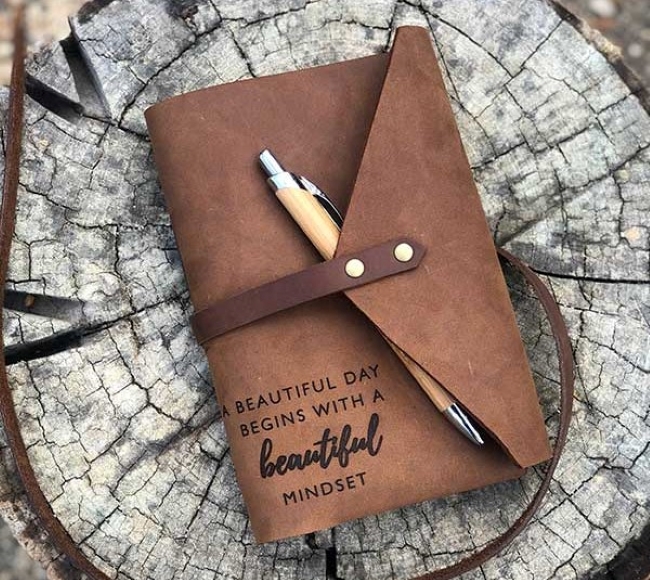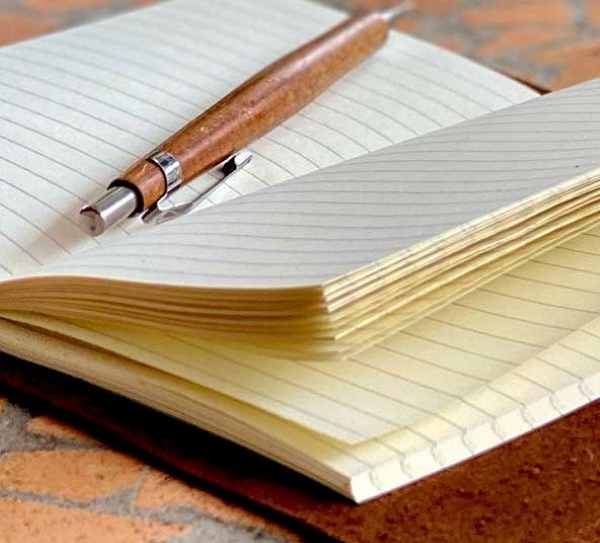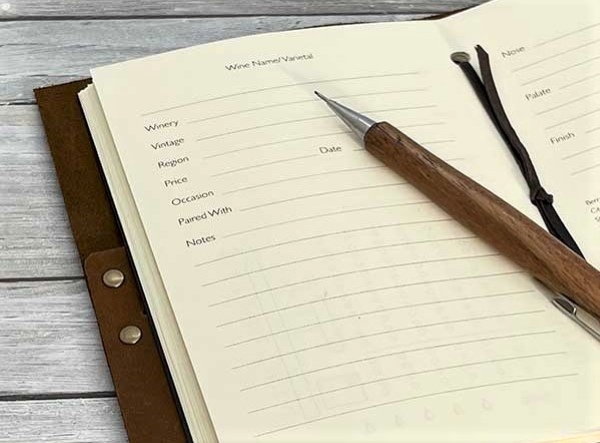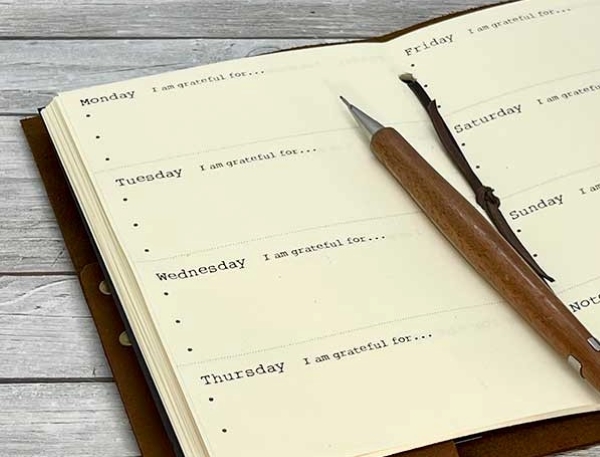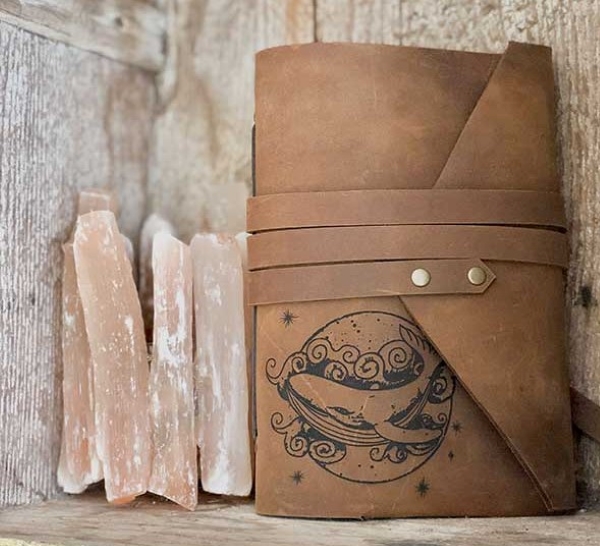While journaling doesn’t have to be difficult, it isn’t quite as simple as opening your notebook and writing. This can work for some people, but most of us need a bit of structure and guidance to help us stay consistent and productive with our journaling.
If you aren’t sure how to start a journal, we’ve got you covered.
Here, we’ll look at the benefits of journalling, tips for how to start your journal, the best ways to use your journal, and ideas to get you started.
What Are the Benefits of Keeping a Journal?
Writing in your journal can be fun, fulfilling, and provide a great way to stay organised. Journalling can also offer a variety of other benefits, some of which have even been scientifically proven.
Possible benefits of writing in your journal consistently include:
- Reduced stress
- Improved mood
- Immune system support
- Increased connection with yourself
- Improved mental health
- Increased understanding of yourself
- More organised thoughts
- A way to find inspiration
- Improved writing skills
- Improved memory and focus
- Improved communication skills
Find Your Why – What Is Your Reason for Starting a Journal
Before you begin your journal, it can be helpful to pinpoint why you want to journal and what you hope to accomplish with it.
Although you don’t necessarily need a specific reason, determining your ‘why’ can help make your journalling more productive and keep you motivated to do it consistently.
Here are some good questions to consider to help you find your reason for journaling:
- How much time do I have to devote to writing in my journal? Can I do it daily? Three times a week? How many minutes at a time?
- What do I want to journal about?
- What type of journalling interests me?
- What is most important in my life?
- What would I like to accomplish by starting a journal?
What Supplies Do I Need to Start a Journal?
Getting started with journaling is simple. All you need is a journal and a pen. Of course, you can always invest in additional journal supplies that you find interesting or fun to help keep you motivated to journal regularly.
Other ideas for helpful journal tools include:
- Whiteout
- Coloured pens
- A ruler
- Correction tape
- Scrapbook paper
- Stickers
- Highlighters or markers
- Glue sticks
- Stencils
- Decorative paper clips
- Sticky notes
- Notebook charms
What Are Some of the Common Types of Journalling?
Are you ready to start writing in your journal but aren’t sure what to write about or what type of journal to keep? Here is a quick look at a few of the different types of journals to consider.
- Fitness Journal – Fitness journals are a great way to record your workouts, set goals, and keep track of your progress.
- Wine Tasting Journal – A wine journal is an excellent way to keep track of detailed notes on any wines you sample, your favourite flavours, and the best meals to pair each wine with.
- Dream Journal – Writing in a dream journal when you wake up is a fun way to learn more about yourself, remember your dreams, and connect with your subconscious.
- Food Journal – Looking to eat healthier or record your favourite recipes? Or are you a total foodie? A food journal can be an effective tool for discovering areas of your diet that need improvement. Making a note of what you eat throughout the day can help you gain insight on what to focus on to lose weight or improve your diet. A food journal is also a fun way to keep track of recipes you want to try or new ingredients you want to experiment with.
- Music Journal – A music journal is a wonderful way to keep track of your favourite songs, artists, progress, or goals. It also makes a perfect gift for a composer, music teacher, or musician.
- Gratitude Journal – If you want to invite more positivity into your life and shift your focus, a gratitude journal can be an effective way to help generate uplifting energy. You can use gratitude right away in the morning or before you go to sleep to make a note of everything you are thankful for.
- Gardening Journal – ‘There are no gardening mistakes. Only experiments’ – so what better way to record all your gardening experiments than in a gardening journal. It’s an excellent way to plan out ideas and layouts, jot down your favourite seed varieties, record planting and harvesting times, and keep track of your harvest.
- Stream of Consciousness Journal – Some people enjoy writing down their thoughts and words as they come. No thinking or analysing, just writing. A stream of consciousness journal is simply a way to capture your thoughts and put them down on paper.
- Sketch Journal – If you prefer to express your feelings and thoughts through sketches, doodles, and illustrations instead of writing, a sketch journal is an ideal option.
- To-Do List Journal – Do you feel overwhelmed, stressed, or scattered-brained by all the “To-Do’s” you have to keep track of? If so, you may find a “To-Do” Journal extremely helpful in keeping your tasks organised. Crossing off each to-do as you accomplish it can be satisfying, motivating, and confidence-boosting
Need More Tips On Starting A Journal?
We hope you found our tips for starting a journal helpful. No matter why you want to start a journal or which type of journal you decide to focus on, remember there is no right or wrong way to journal. Be patient, open-minded, and non-judgmental as you start your journal.
If you need more tips on starting a journal or need help choosing the best journal for yourself or a loved one, we invite you to reach out to our caring team. Our goal is to create the highest quality, hand-crafted journals that help bring sentimental value and happiness to our customers. We would be honoured to help you get started on your journaling journey.
